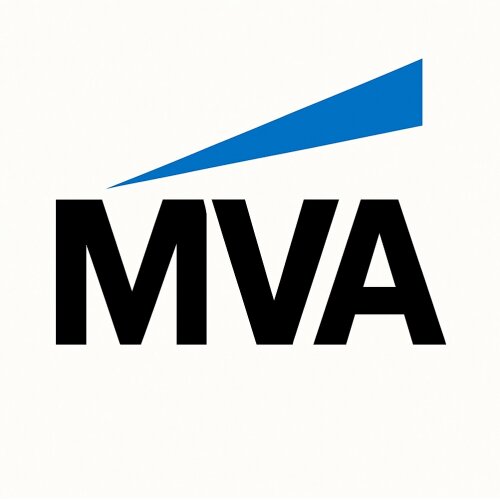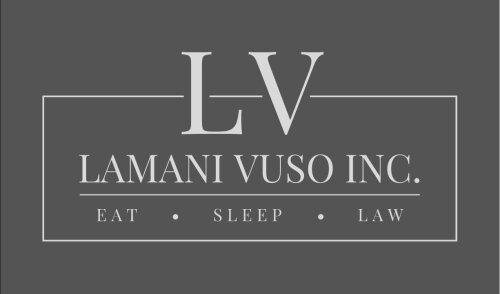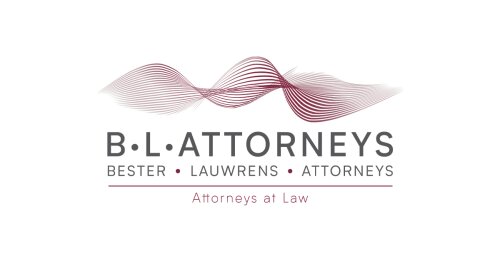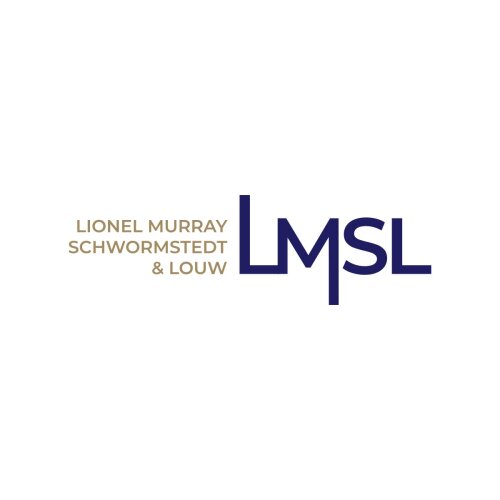Best Collaborative Law Lawyers in Cape Town
Share your needs with us, get contacted by law firms.
Free. Takes 2 min.
Free Guide to Hiring a Family Lawyer
List of the best lawyers in Cape Town, South Africa
About Collaborative Law in Cape Town, South Africa
Collaborative Law is an alternative dispute resolution process that aims to assist parties in resolving legal issues amicably and without going to court. In Cape Town, South Africa, it is particularly popular in the context of family law, where divorcing couples can work together with trained professionals to negotiate terms that suit both parties. The approach fosters open communication, mutual respect, and a commitment by both spouses and their respective attorneys to avoid litigation.
Why You May Need a Lawyer
Common situations where legal help in Collaborative Law may be required include divorce, custody arrangements, division of assets, and spousal support negotiations. Collaborative Law is also applicable in civil disputes where parties seek a private resolution. Engaging a lawyer trained in Collaborative Law practices is essential because they understand the non-adversarial, negotiation-based approach required and can guide you through complex legal issues while aiming for an amicable resolution.
Local Laws Overview
While South African law does not have a specific legislation for Collaborative Law, the practice is governed by general principles found in the country's legal system, including those in the Family Law Act and Children's Act, where the best interests of children and fair treatment of parties are central. Key aspects include the use of a participation agreement where parties agree not to litigate and to openly exchange information, and the involvement of other professionals such as accountants or child specialists as part of the collaborative team.
Frequently Asked Questions
What is the cost of Collaborative Law compared to traditional litigation?
Collaborative Law is often less costly than traditional litigation due to the structured process and emphasis on avoiding court proceedings. However, costs can vary depending on the complexity of the case and the professionals involved.
Is a collaborative process legally binding?
The final agreement reached through Collaborative Law is legally binding, much like any other settlement agreement. Parties will sign a contract that is then made an order of court.
Can any lawyer practice Collaborative Law?
No, not all lawyers are trained in Collaborative Law. It is essential to work with an attorney specifically trained in Collaborative Law techniques and principles.
What happens if Collaborative Law fails and parties can't reach an agreement?
If the collaborative process breaks down and parties cannot reach an agreement, they may resort to traditional litigation. Typically, the collaborative lawyers will withdraw from the process, and each party must retain new litigation attorneys.
Is Collaborative Law suitable for any legal dispute?
While Collaborative Law is suitable for many civil disputes, especially in family law, it may not be appropriate for all situations, particularly when there is a significant imbalance of power or a history of domestic violence.
Can Collaborative Law be used for matters other than divorce?
Yes, Collaborative Law can also be applied to non-divorce related civil disputes where an amicable settlement is desirable. It's less common but still a viable option for appropriate civil cases.
Are agreements reached in Collaborative Law confidential?
Yes, confidentiality is a cornerstone of the Collaborative Law process. Discussions and documents are generally not disclosed outside the collaborative process.
How long does the Collaborative Law process typically take?
The duration of the Collaborative Law process varies based on the complexity of issues and the willingness of parties to negotiate but is typically faster than going through the courts.
Do both parties need to agree to engage in Collaborative Law?
Yes, both parties must voluntarily agree to participate in the Collaborative Law process and commit to resolving their disputes through negotiation.
What role do mental health professionals play in Collaborative Law?
Mental health professionals often act as coaches or child specialists to help address emotional aspects and the interests of children, ensuring a holistic and considerate approach to resolving disputes.
Additional Resources
Resources for finding Collaborative Law professionals include the Law Society of South Africa and local legal aid clinics that can offer guidance. Additionally, non-profit organizations focusing on family and children’s welfare may provide referrals to collaborative practitioners.
Next Steps
If you need legal assistance in Collaborative Law, the next step is to seek out a legal professional trained in this area. Contact the Law Society of South Africa for a list of such professionals or consult with legal aid clinics about your case. Collaborative lawyers often offer an initial consultation to explain the process in detail and determine if it’s appropriate for your situation. It is crucial to choose a lawyer you feel comfortable working with, as the collaborative process requires open and transparent communication.
Lawzana helps you find the best lawyers and law firms in Cape Town through a curated and pre-screened list of qualified legal professionals. Our platform offers rankings and detailed profiles of attorneys and law firms, allowing you to compare based on practice areas, including Collaborative Law, experience, and client feedback.
Each profile includes a description of the firm's areas of practice, client reviews, team members and partners, year of establishment, spoken languages, office locations, contact information, social media presence, and any published articles or resources. Most firms on our platform speak English and are experienced in both local and international legal matters.
Get a quote from top-rated law firms in Cape Town, South Africa — quickly, securely, and without unnecessary hassle.
Disclaimer:
The information provided on this page is for general informational purposes only and does not constitute legal advice. While we strive to ensure the accuracy and relevance of the content, legal information may change over time, and interpretations of the law can vary. You should always consult with a qualified legal professional for advice specific to your situation.
We disclaim all liability for actions taken or not taken based on the content of this page. If you believe any information is incorrect or outdated, please contact us, and we will review and update it where appropriate.
















